

Articles
What Is Commercial Plumbing
Modified: February 22, 2024
Discover informative articles on commercial plumbing and gain insights into its importance and benefits for businesses. Become knowledgeable about the various aspects of commercial plumbing and make informed decisions.
(Many of the links in this article redirect to a specific reviewed product. Your purchase of these products through affiliate links helps to generate commission for Storables.com, at no extra cost. Learn more)
Introduction
Welcome to the world of commercial plumbing, where pipes, drains, and water systems play a crucial role in ensuring the smooth operation of businesses, institutions, and public facilities. Commercial plumbing is a specialized field that focuses on the installation, repair, and maintenance of plumbing systems in commercial buildings such as offices, hospitals, shopping malls, hotels, and restaurants.
Unlike residential plumbing, which primarily serves individual homes and families, commercial plumbing caters to the unique needs and demands of larger-scale establishments. From complex water supply systems to advanced drainage solutions, commercial plumbers have the expertise to handle the intricate plumbing challenges that come with servicing commercial properties.
In this article, we will delve into the world of commercial plumbing, exploring its definition, importance, common services offered, major differences from residential plumbing, plumbing regulations and codes, and tips for hiring a commercial plumber.
Whether you are a business owner, property manager, or simply curious about the world of plumbing, this article will provide you with valuable insights into commercial plumbing and help you make informed decisions when it comes to the plumbing needs of your commercial property.
Key Takeaways:
- Commercial plumbing is crucial for maintaining clean water supply, efficient drainage, and compliance with regulations in large-scale establishments. Hiring qualified commercial plumbers ensures the functionality and longevity of plumbing systems.
- When hiring a commercial plumber, research, verify licensing, consider experience, evaluate reputation, and assess communication. Trust your instincts to find a reliable professional who can meet your commercial plumbing needs.
Read more: What Is Commercial Landscaping
Definition of Commercial Plumbing
Commercial plumbing refers to the specialized field of plumbing that deals with the installation, repair, and maintenance of plumbing systems in commercial buildings. These buildings include but are not limited to offices, retail spaces, hospitals, schools, hotels, restaurants, and industrial facilities. Commercial plumbers are trained professionals who possess the knowledge and expertise to handle the unique plumbing needs and challenges that arise in these types of establishments.
Commercial plumbing systems are designed to handle larger volumes of water and serve a higher number of people compared to residential plumbing systems. They are typically more complex, with multiple fixtures, pipes, and drains interconnected to ensure the proper flow and functionality of water supply and drainage.
The responsibilities of a commercial plumber may include the installation of new plumbing systems during the construction phase of a commercial building, the repair and maintenance of existing plumbing systems, troubleshooting plumbing issues, and ensuring compliance with building codes and regulations related to plumbing.
Commercial plumbers work closely with architects, engineers, and contractors to ensure that plumbing systems are appropriately designed, installed, and integrated into the overall infrastructure of a commercial building. They also collaborate with other tradespeople, such as electricians and HVAC technicians, to ensure the seamless functioning of various building systems.
In addition to their technical skills, commercial plumbers must also possess excellent problem-solving abilities, strong communication skills, and a deep understanding of plumbing regulations and codes. They must stay updated with the latest industry practices and technologies to provide efficient and reliable plumbing services in commercial settings.
Overall, commercial plumbing plays a crucial role in maintaining the functionality and efficiency of commercial buildings. It ensures the availability of clean water for various purposes, such as drinking, sanitation, and firefighting, while also managing the safe disposal of wastewater. A well-maintained plumbing system is essential for the comfort and well-being of the occupants of a commercial building.
Importance of Commercial Plumbing
Commercial plumbing is an essential component of any commercial building. It plays a vital role in maintaining the functionality, safety, and comfort of the premises. Here are some reasons highlighting the importance of commercial plumbing:
1. Clean and safe water supply: Commercial plumbing ensures the provision of clean and safe water for various purposes, such as drinking, cooking, and sanitation. The installation of high-quality water supply systems and the regular maintenance of plumbing fixtures help prevent water contamination and ensure the health and well-being of occupants.
2. Efficient drainage and wastewater disposal: Commercial plumbing systems are designed to efficiently manage the removal and disposal of wastewater. Properly functioning drains, pipes, and sewer systems prevent the accumulation of water and potential water damage, as well as the spread of unpleasant odors and disease-causing bacteria.
3. Compliance with regulations: Commercial plumbing must adhere to specific regulations and codes that ensure the safety and health of building occupants. These regulations govern aspects such as pipe materials, fixture installation, backflow prevention, and water conservation. Hiring a qualified commercial plumber ensures compliance with these regulations and avoids liability issues.
4. Prevention of costly repairs and downtime: Regular maintenance and timely repairs of commercial plumbing systems help prevent major issues and minimize the risk of costly repairs and business disruptions. Addressing minor plumbing problems early on can prevent them from escalating into more significant issues that can affect the operation of the business and lead to financial losses.
5. Enhanced energy efficiency: Commercial plumbing systems, particularly those that incorporate energy-efficient fixtures and water-saving technologies, contribute to reducing water usage and energy consumption. This not only benefits the environment but also helps businesses save on utility costs in the long run.
6. Preservation of the building structure: Properly functioning plumbing systems help prevent water leaks and moisture buildup, which can lead to structural damage, mold growth, and deterioration of building materials. By maintaining a well-functioning plumbing system, the integrity and longevity of the commercial building are preserved.
7. Positive reputation and customer satisfaction: A well-maintained plumbing system reflects the professionalism and commitment of the business owner or manager towards providing a safe and comfortable environment for customers and employees. A commercial property with reliable plumbing services enhances the overall reputation of the establishment and contributes to customer satisfaction.
Overall, commercial plumbing is of utmost importance for the smooth operation of commercial buildings. It ensures the provision of clean water, efficient wastewater disposal, compliance with regulations, prevention of costly repairs and downtime, energy efficiency, preservation of the building structure, and a positive reputation. Investing in professional commercial plumbing services is essential for the long-term success and sustainability of any commercial establishment.
Common Services Offered by Commercial Plumbers
Commercial plumbers are trained professionals who provide a wide range of services to maintain and repair plumbing systems in commercial buildings. Here are some of the common services offered by commercial plumbers:
1. Installation of plumbing systems: Commercial plumbers are responsible for the installation of plumbing systems in new commercial buildings or during renovation projects. This includes the installation of pipes, fixtures, and other plumbing components, ensuring proper connections and functionality.
2. Repair and maintenance: Commercial plumbers perform routine maintenance and repair services to keep plumbing systems in optimal condition. They diagnose and fix issues such as leaking pipes, faulty fixtures, clogged drains, and dysfunctional water heaters. Regular maintenance helps prevent major problems and extends the lifespan of the plumbing system.
3. Drain cleaning: Commercial plumbers offer drain cleaning services to remove blockages and keep drains flowing smoothly. They use specialized tools and techniques to clear out debris, grease, and other substances that can accumulate and cause clogs in drains and sewer lines.
4. Backflow prevention: Backflow occurs when there is a reverse flow of contaminated water into the clean water supply. Commercial plumbers install and maintain backflow prevention devices to ensure that the potable water supply remains uncontaminated and safe for use.
5. Leak detection and repair: Commercial plumbers have the expertise to locate and repair hidden leaks within the plumbing system. They use advanced tools such as leak detection devices and infrared cameras to identify leaks in walls, ceilings, or underground pipes.
6. Water heater services: Commercial plumbers handle the installation, repair, and maintenance of water heaters in commercial buildings. They can advise on the best water heater options based on the specific needs of the establishment and ensure proper functioning and energy efficiency.
7. Fixture upgrades and replacements: Commercial plumbers assist in upgrading or replacing fixtures such as faucets, toilets, sinks, and showers. This not only improves the aesthetics of the space but also enhances water efficiency and reduces water waste.
8. Plumbing inspections: Commercial plumbers conduct comprehensive plumbing inspections to assess the condition of the plumbing system and identify any potential issues. Regular inspections help detect problems early on and prevent costly repairs and disruptions in the future.
9. Emergency plumbing services: Commercial plumbers offer 24/7 emergency services to address sudden plumbing emergencies, such as burst pipes, severe leaks, or overflowing toilets. These prompt services help minimize damage and restore the plumbing system quickly.
10. Compliance with regulations: Commercial plumbers ensure that the plumbing system meets all relevant regulations and codes. They stay updated with the latest plumbing standards and guidelines to ensure the safety and health of building occupants.
Overall, commercial plumbers provide a wide range of services to ensure the proper functioning and maintenance of plumbing systems in commercial buildings. Their expertise and professional assistance help businesses avoid plumbing issues, maintain a safe and comfortable environment, and extend the lifespan of their plumbing infrastructure.
Major Differences between Commercial and Residential Plumbing
While residential and commercial plumbing share some similarities, there are significant differences between the two. Here are the major distinctions that set commercial plumbing apart from residential plumbing:
1. Scale and complexity: The scale of commercial plumbing systems is much larger and more complex compared to residential plumbing. Commercial buildings typically have multiple floors, numerous fixtures, and interconnected pipes to serve a larger number of occupants. Commercial plumbers must have the expertise to handle these complex systems efficiently.
2. Water demand: Commercial buildings have higher water demands compared to residential properties. They require larger water supply lines and more robust water heating and storage systems to meet the needs of businesses, institutions, and public facilities. Commercial plumbers must design and install plumbing systems capable of handling high-volume water usage.
3. Codes and regulations: Commercial plumbing must adhere to specific codes and regulations set by local authorities. These regulations are in place to ensure the safety and health of building occupants. Commercial plumbers have a thorough understanding of these codes and are responsible for designing and installing systems that meet the required standards.
4. Fixtures and equipment: Commercial buildings have a wide range of fixtures and equipment that require specialized plumbing. These may include industrial-grade sinks, commercial-grade dishwashers, specialized medical equipment, and complex fire suppression systems. Commercial plumbers must have knowledge of different fixture types and requirements for efficient installation and maintenance.
5. Maintenance requirements: Commercial plumbing systems often require more frequent and intensive maintenance compared to residential systems. The higher usage and demands placed on commercial plumbing can lead to increased wear and tear, as well as the accumulation of sediment and debris. Commercial plumbers are trained to perform routine maintenance and inspections to keep the plumbing system running smoothly.
6. Emergency response: Commercial plumbing emergencies can have more severe consequences compared to residential emergencies. A burst pipe or malfunctioning system in a commercial building can result in water damage, disrupted business operations, and potential safety hazards. Commercial plumbers are equipped to respond promptly to these emergencies and minimize further damage.
7. Collaboration with other professionals: Commercial plumbers work closely with other professionals involved in the construction or maintenance of commercial buildings. They collaborate with architects, engineers, and contractors to ensure proper integration of plumbing systems with the overall infrastructure. This collaboration ensures the seamless functioning of various building systems.
8. Customer requirements and expectations: Commercial plumbing projects often involve meeting specific customer requirements and expectations. Businesses and institutions have unique plumbing needs, such as specialized equipment installations, water conservation measures, and compliance with industry standards. Commercial plumbers must be able to understand and fulfill these requirements.
9. Timelines and budgets: Commercial plumbing projects typically have stricter timelines and budgets compared to residential projects. The efficient completion of plumbing installations or repairs is essential to minimize disruptions and keep the project on track. Commercial plumbers must be able to work within these constraints while delivering high-quality results.
Understanding these major differences is crucial for both commercial property owners and plumbing professionals. By recognizing the unique challenges and requirements of commercial plumbing, businesses can ensure the smooth operation of their premises and rely on skilled commercial plumbers to handle the intricacies of their plumbing systems.
When hiring a commercial plumbing service, make sure they have experience with large-scale systems and are familiar with local building codes and regulations. This will ensure the job is done correctly and up to standard.
Read more: What Is A Commercial Construction Loan
Commercial Plumbing Systems
Commercial plumbing systems are designed to handle the specific needs and demands of larger-scale establishments, such as office buildings, shopping malls, hotels, hospitals, and restaurants. These systems are more complex and robust compared to residential plumbing systems, as they are responsible for supplying clean water and efficiently removing wastewater for a higher number of occupants. Here are key components and features of commercial plumbing systems:
1. Water supply: Commercial plumbing systems are connected to a reliable water supply source, typically a municipal water line. These systems incorporate water meters, shut-off valves, and backflow prevention devices to regulate and maintain the flow of clean water into the building.
2. Water storage and heating: Commercial buildings require large water storage tanks or boilers to ensure a continuous supply of hot and cold water. These systems can accommodate the high water demand of multiple fixtures and appliances simultaneously.
3. Plumbing fixtures and appliances: Commercial plumbing systems include a wide variety of fixtures and appliances, such as sinks, toilets, urinals, showers, bathtubs, water fountains, dishwashers, and washing machines. These fixtures need to be properly sized and installed to handle the anticipated water usage in different areas of the building.
4. Piping and distribution: Commercial plumbing systems feature a vast network of pipes that deliver water to the various fixtures and appliances throughout the building. The pipes are typically made of materials such as copper, PVC, or PEX, depending on the specific plumbing needs and local regulations.
5. Drainage and waste removal: Efficient drainage is a crucial aspect of commercial plumbing. Commercial buildings have multiple floor levels, so the system incorporates a network of drain pipes that channel wastewater from sinks, toilets, showers, and other fixtures to the main sewer line or septic system.
6. Grease traps and interceptors: In commercial kitchens, grease traps and interceptors are installed to prevent the accumulation of fats, oils, and grease in the plumbing system. These devices capture and separate grease, ensuring that it does not clog the pipes and cause backups.
7. Fire sprinkler systems: Many commercial buildings are equipped with fire sprinkler systems that are integrated with the plumbing system. These systems have dedicated sprinkler pipes connected to a water source and are designed to provide a prompt response in case of a fire emergency.
8. Water conservation measures: Commercial plumbing systems often incorporate water-saving fixtures, such as low-flow toilets, faucets, and showerheads, to minimize water usage and promote sustainability. These measures can help businesses save on water bills while reducing their environmental impact.
9. Plumbing control systems: Complex commercial plumbing systems may include advanced control systems that monitor and regulate various aspects of the plumbing system, such as water pressure, temperature, and flow. These systems provide enhanced control and efficiency, ensuring optimal performance.
10. Maintenance and monitoring: Regular maintenance and monitoring of commercial plumbing systems are essential to identify potential issues, prevent major failures, and extend the lifespan of the system. Commercial plumbers conduct inspections, perform routine maintenance tasks, and address any necessary repairs to ensure the proper functioning of the plumbing system.
Commercial plumbing systems are engineered to meet the unique demands of commercial buildings. Their design, installation, and maintenance require the expertise of qualified commercial plumbers who possess a deep understanding of complex plumbing systems, local regulations, and industry best practices. Maintaining these systems ensures the availability of clean water, efficient drainage, and the overall functionality of commercial establishments.
Commercial Plumbing Regulations and Codes
Commercial plumbing is subject to various regulations and codes set by local authorities to ensure the safety, health, and functionality of commercial buildings. These regulations govern the design, installation, and maintenance of plumbing systems in commercial properties. Understanding and complying with these regulations is crucial for commercial plumbers, building owners, and property managers. Here are some key aspects of commercial plumbing regulations and codes:
1. Plumbing standards and guidelines: Each region or jurisdiction has specific plumbing standards and guidelines that dictate the materials, installation methods, and overall requirements for commercial plumbing systems. These regulations ensure that plumbing systems are safe, efficient, and in compliance with industry best practices.
2. Building codes: Commercial plumbing must adhere to local building codes, which govern aspects such as pipe sizing, fixture installation, venting, backflow prevention, and accessibility requirements. Building codes ensure that plumbing systems are constructed and maintained in a way that guarantees the safety and well-being of building occupants.
3. Permitting and inspections: Commercial plumbing projects typically require permits from local building departments before any work can proceed. Building inspectors conduct inspections at various stages of the project to ensure compliance with regulations and codes. Permits and inspections help ensure that plumbing systems are installed correctly and safely.
4. Backflow prevention: Backflow prevention is a crucial aspect of commercial plumbing regulations. Backflow occurs when contaminants or non-potable water flow back into the clean water supply due to changes in pressure. Commercial buildings may be required to install backflow prevention devices to protect the quality of the water supply and prevent potential health hazards.
5. Accessibility requirements: Commercial plumbing systems must meet accessibility requirements outlined in regulations such as the Americans with Disabilities Act (ADA). These requirements ensure that plumbing fixtures and facilities are easily accessible and usable by individuals with disabilities.
6. Water conservation measures: Many regions have implemented water conservation regulations that apply to commercial buildings. These regulations may require the use of water-saving fixtures, such as low-flow toilets, faucets, and showerheads, to minimize water consumption and promote sustainability.
7. Health and safety standards: Commercial plumbing regulations often address health and safety measures related to plumbing systems. This may include regulations on proper sewage disposal, prevention of cross-contamination, ventilation requirements, and safe handling of hazardous materials.
8. Insulation and fire protection: Commercial plumbing codes often include requirements for insulation to prevent freezing and protect against heat loss. Additionally, fire protection codes may require the installation of fire-rated plumbing materials and the coordination of plumbing systems with fire suppression systems.
9. Environmental regulations: Commercial plumbing regulations may also address environmental concerns, particularly regarding the handling and disposal of waste materials. Regulations may require the proper treatment of wastewater, containment of pollutants, and compliance with environmentally friendly practices.
10. Ongoing compliance: It is important to note that compliance with commercial plumbing regulations is not a one-time requirement. Building owners and property managers are responsible for ongoing compliance, including regular maintenance and periodic inspections to ensure that plumbing systems continue to meet the necessary codes and standards.
Understanding and adhering to commercial plumbing regulations and codes is essential for the safety, functionality, and compliance of commercial buildings. Professional commercial plumbers are knowledgeable about these regulations and work closely with building owners and contractors to ensure that plumbing systems meet all the necessary requirements.
Tips for Hiring a Commercial Plumber
When it comes to hiring a commercial plumber, it’s essential to find a qualified and reliable professional who can meet the plumbing needs of your commercial property. Here are some tips to help you make an informed decision when hiring a commercial plumber:
1. Research and gather recommendations: Start by researching reputable commercial plumbing companies in your area. Look for customer reviews, testimonials, and recommendations from trusted sources. Word-of-mouth referrals can be particularly valuable in finding reliable and experienced commercial plumbers.
2. Verify proper licensing and insurance: Ensure that the commercial plumber you are considering is properly licensed and insured. A valid plumbing license demonstrates that the plumber has met the necessary qualifications and has the technical expertise to perform plumbing work in a professional manner. Insurance protects both you and the plumber in case of any accidents or damage during the job.
3. Check experience and expertise: Commercial plumbing can be complex, so it’s important to hire a plumber with experience in working on commercial projects. Inquire about the plumber’s expertise in commercial plumbing systems, their familiarity with local regulations and codes, and their knowledge of specific fixtures or equipment relevant to your commercial property.
4. Evaluate reputation and track record: Look for a commercial plumber with a solid reputation and a proven track record of delivering high-quality work. Check if they have successfully completed similar projects or have worked with reputable companies in your industry. A professional plumber should be able to provide references or portfolios of their past work.
5. Consider availability and response time: Plumbing emergencies can occur at any time, so it’s important to hire a commercial plumber who can provide timely assistance. Inquire about their availability for emergency services and their typical response time to urgent plumbing issues. A reliable plumber should be prompt and responsive, minimizing disruptions to your business operations.
6. Obtain detailed quotes and estimates: Before hiring a commercial plumber, request detailed quotes or estimates for the project. The quote should outline the scope of work, materials to be used, labor costs, and any additional charges. Be wary of significantly low or high quotes and ensure that there are no hidden fees or surprises down the line.
7. Ask about warranties and guarantees: Inquire about any warranties or guarantees offered by the commercial plumber. A reputable plumber should provide warranties for their workmanship and guarantee the quality of their services. This can provide you with peace of mind and protection in case any issues arise after the completion of the job.
8. Assess communication and professionalism: Effective communication is essential when working with any professional. Evaluate how well the commercial plumber communicates, whether they answer your questions clearly, and if they provide detailed explanations of the plumbing work required. A professional plumber should be respectful, punctual, and willing to address any concerns you may have.
9. Consider long-term maintenance and service: Plumbing systems require regular maintenance and occasional repairs. Inquire if the commercial plumber offers ongoing maintenance contracts or service agreements. Having a plumber who can provide regular inspections and maintenance can help prevent major issues and extend the lifespan of your plumbing system.
10. Trust your instincts: Finally, trust your instincts when choosing a commercial plumber. Take note of how comfortable you feel working with the plumber and if they inspire confidence in their abilities. A good working relationship and trust between you and the plumber are crucial for a successful commercial plumbing project.
By following these tips, you’ll be better equipped to hire a qualified and reliable commercial plumber who can meet your plumbing needs, ensure the optimal functioning of your commercial building, and provide top-notch service for years to come.
Conclusion
Commercial plumbing is a specialized field that plays a critical role in ensuring the functionality, safety, and comfort of commercial buildings. From office spaces and shopping malls to hospitals and restaurants, commercial plumbers are responsible for installing, maintaining, and repairing plumbing systems that serve the unique needs of these establishments.
Throughout this article, we have explored the definition of commercial plumbing, the importance of commercial plumbing, common services offered by commercial plumbers, major differences between commercial and residential plumbing, commercial plumbing systems, commercial plumbing regulations and codes, as well as tips for hiring a commercial plumber.
It is evident that commercial plumbing requires specialized knowledge and expertise due to the scale and complexity of systems found in commercial buildings. Commercial plumbers possess the skills to handle larger volumes of water, numerous fixtures, and interconnected pipes. They are familiar with regulations and codes that govern commercial plumbing and understand how to design, install, and maintain plumbing systems that meet these requirements.
By hiring a qualified commercial plumber, businesses can ensure the availability of clean and safe water supply, efficient drainage and wastewater removal, compliance with regulations, prevention of costly repairs and downtime, and enhanced energy efficiency. Moreover, commercial plumbing systems contribute to the preservation of the building structure, the positive reputation of the establishment, and the satisfaction of customers and employees.
When hiring a commercial plumber, it is important to conduct thorough research, verify licensing and insurance, consider experience and expertise, evaluate reputation and track record, check availability and response time, obtain detailed quotes and estimates, ask about warranties and guarantees, assess communication and professionalism, consider long-term maintenance and service options, and trust your instincts.
In conclusion, commercial plumbing is an essential aspect of running a successful commercial building. It requires the expertise of qualified professionals who can handle the unique challenges and demands that come with servicing these types of properties. By prioritizing the hiring of a reputable commercial plumber and maintaining regular maintenance, businesses can ensure a reliable and efficient plumbing system that supports the smooth operation and success of their commercial establishments.
Frequently Asked Questions about What Is Commercial Plumbing
Was this page helpful?
At Storables.com, we guarantee accurate and reliable information. Our content, validated by Expert Board Contributors, is crafted following stringent Editorial Policies. We're committed to providing you with well-researched, expert-backed insights for all your informational needs.
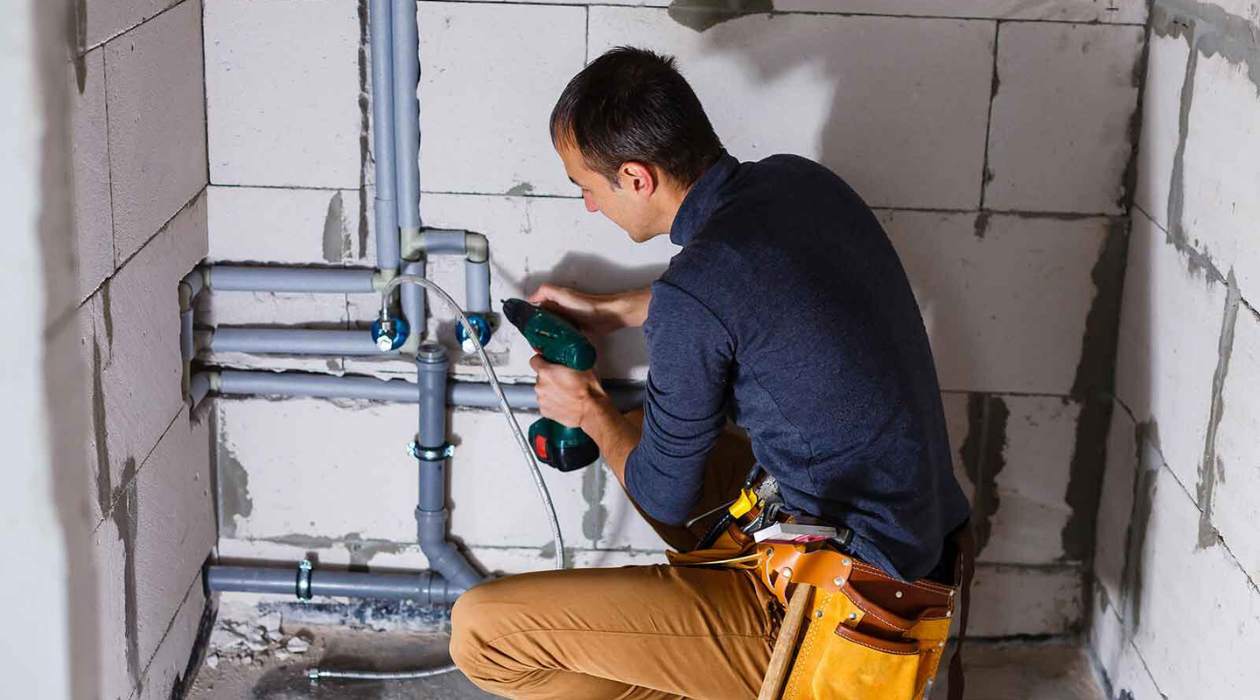
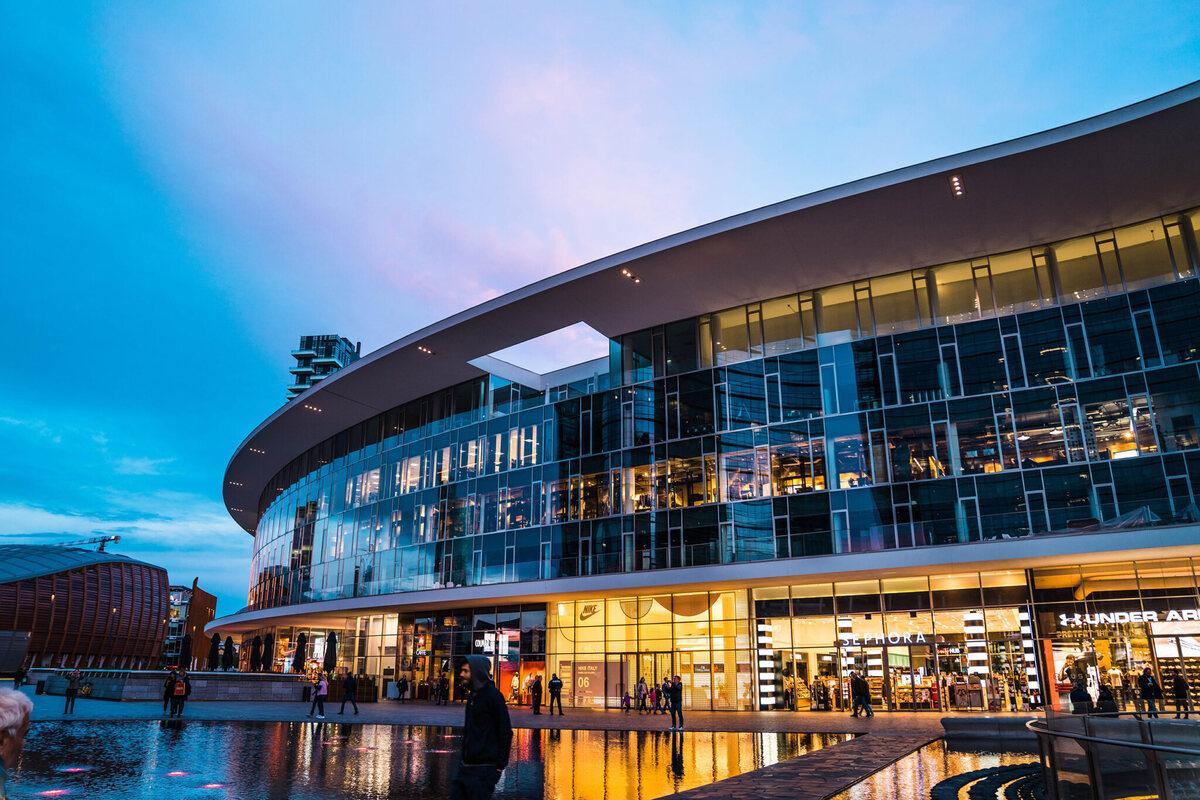
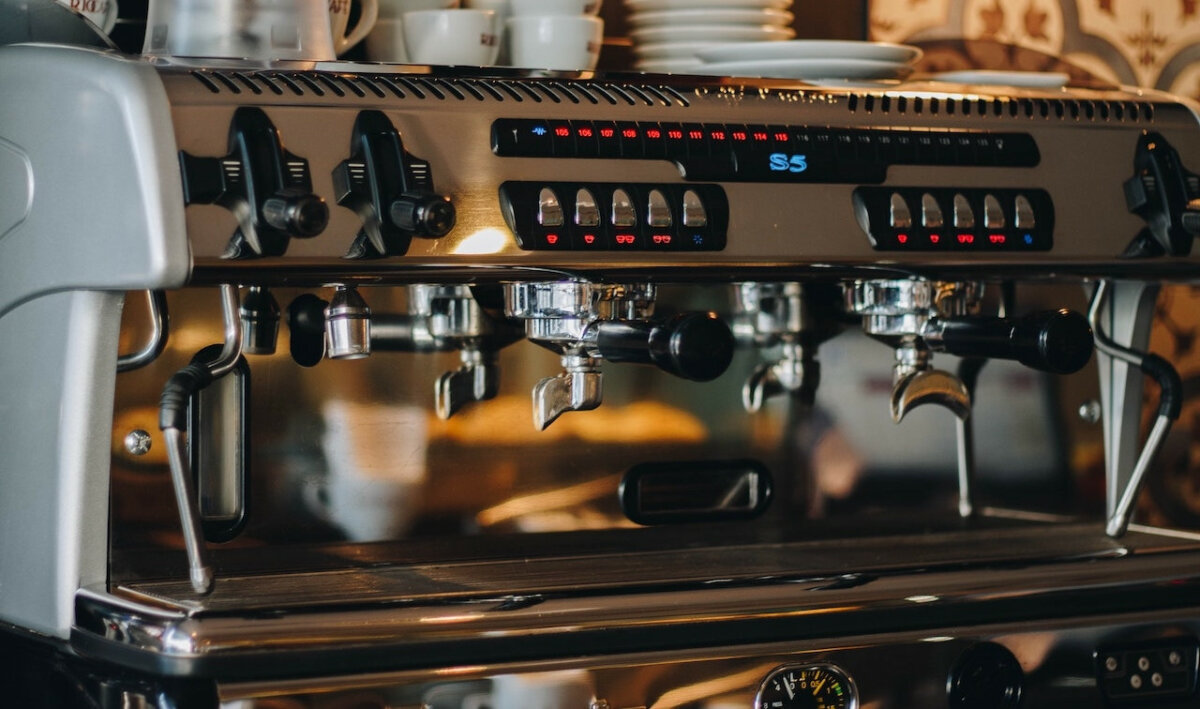
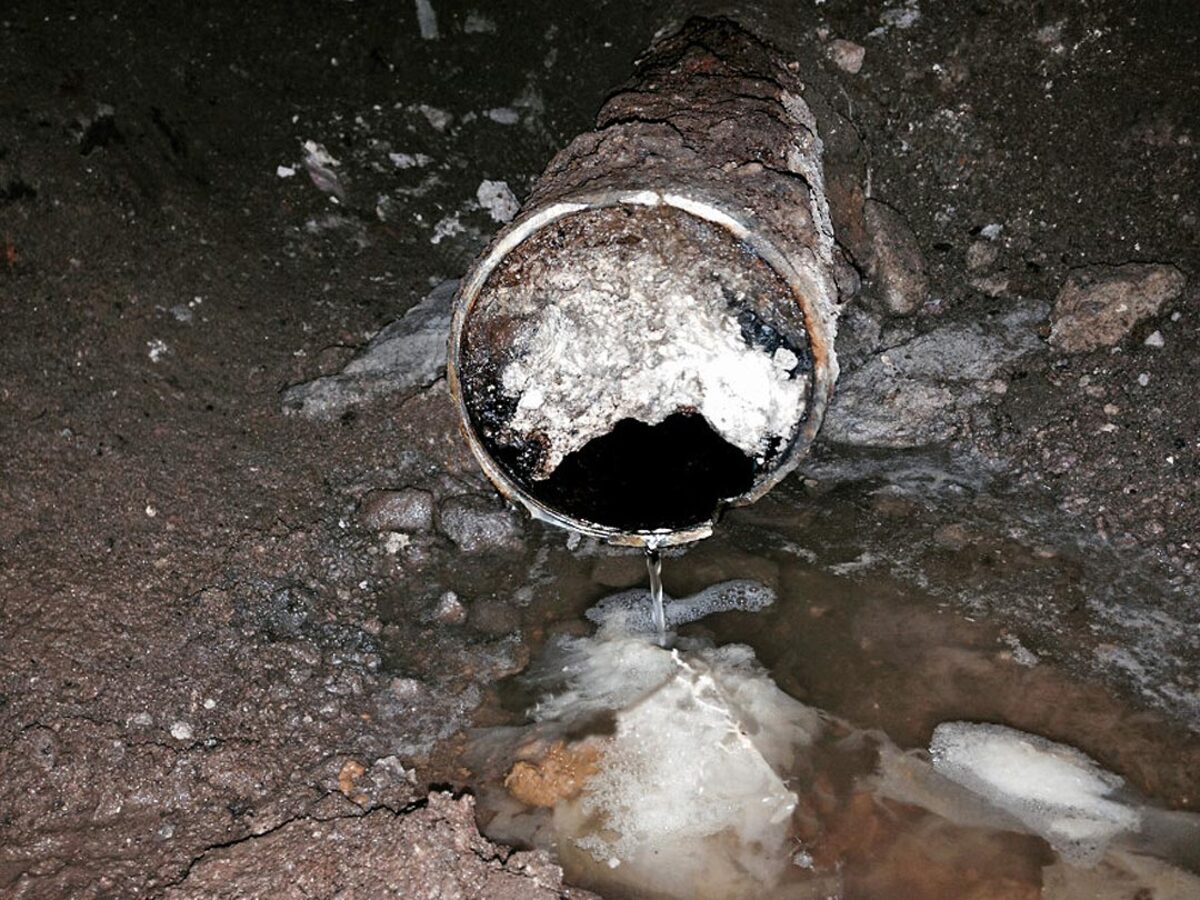
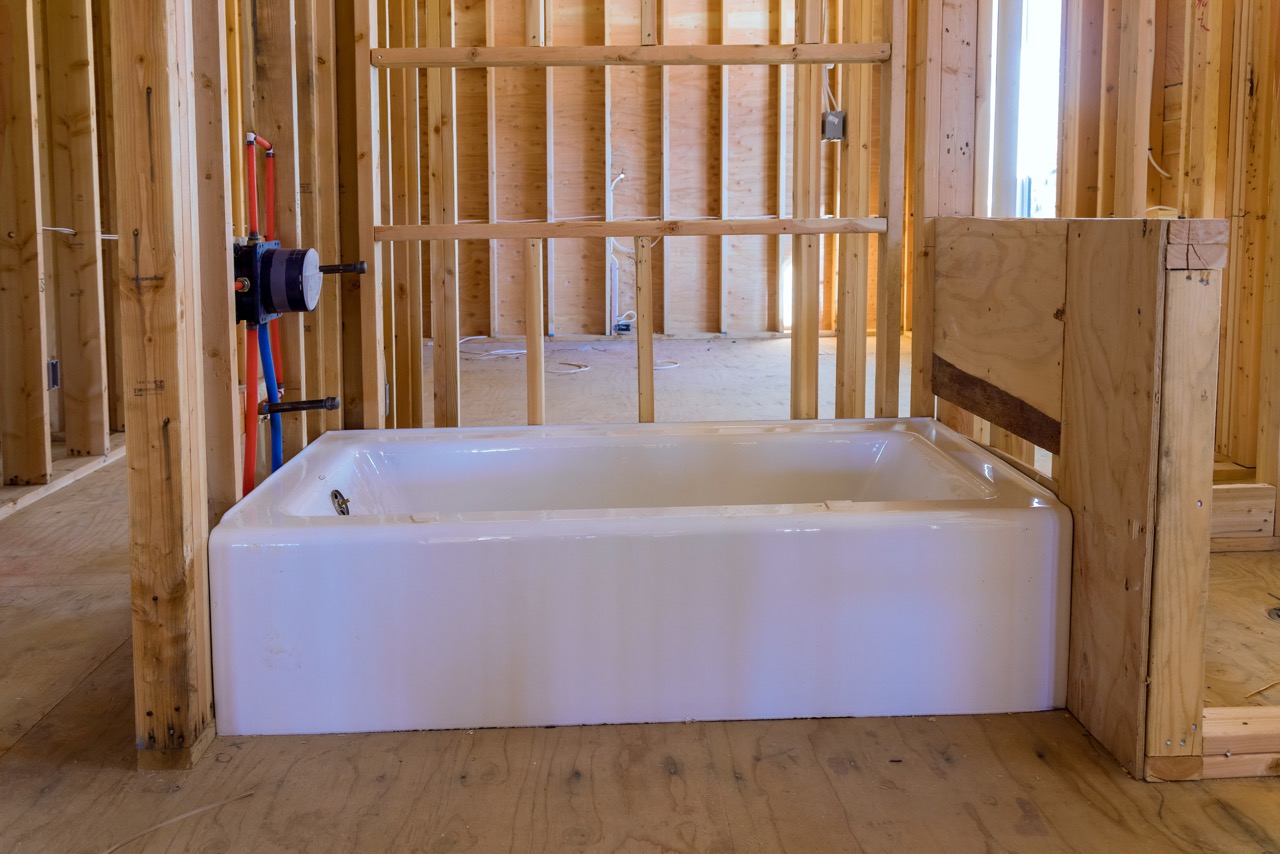
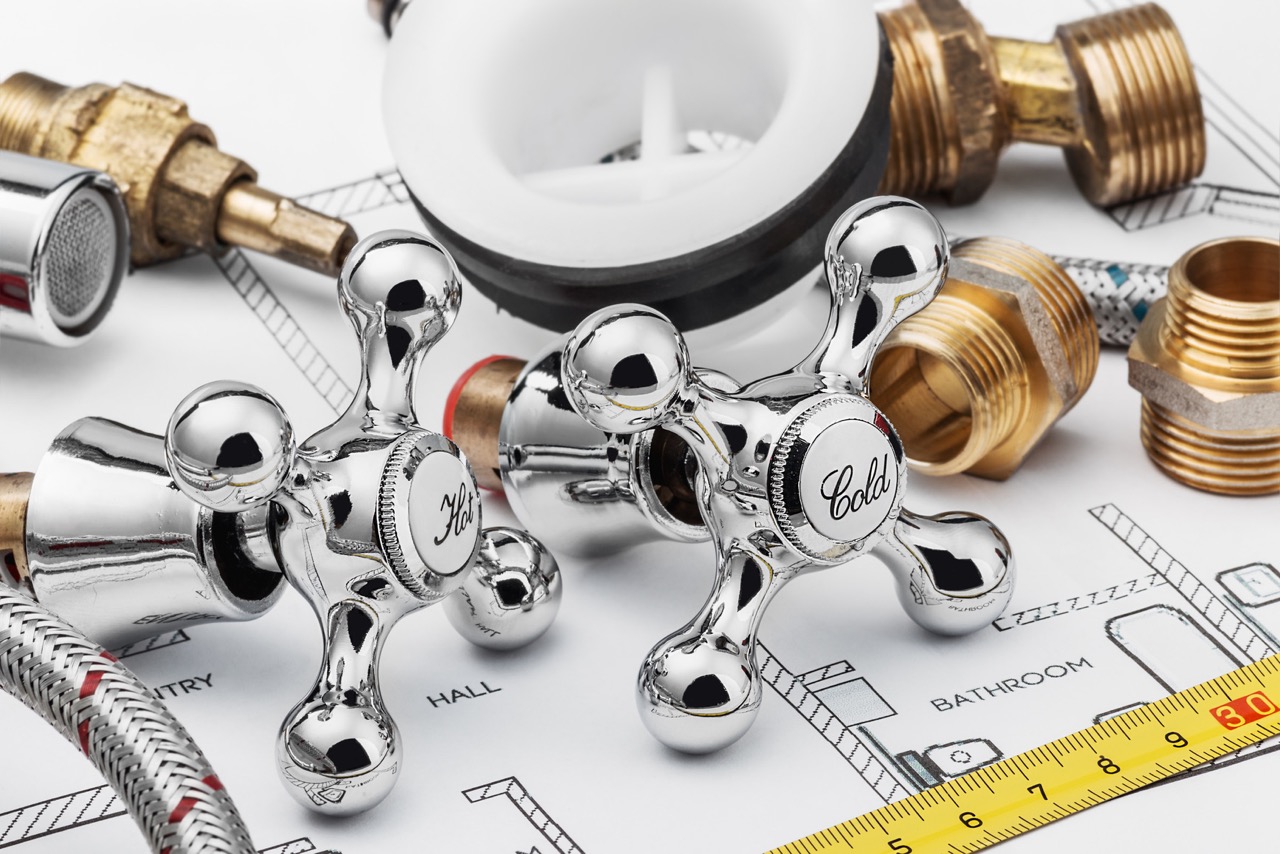
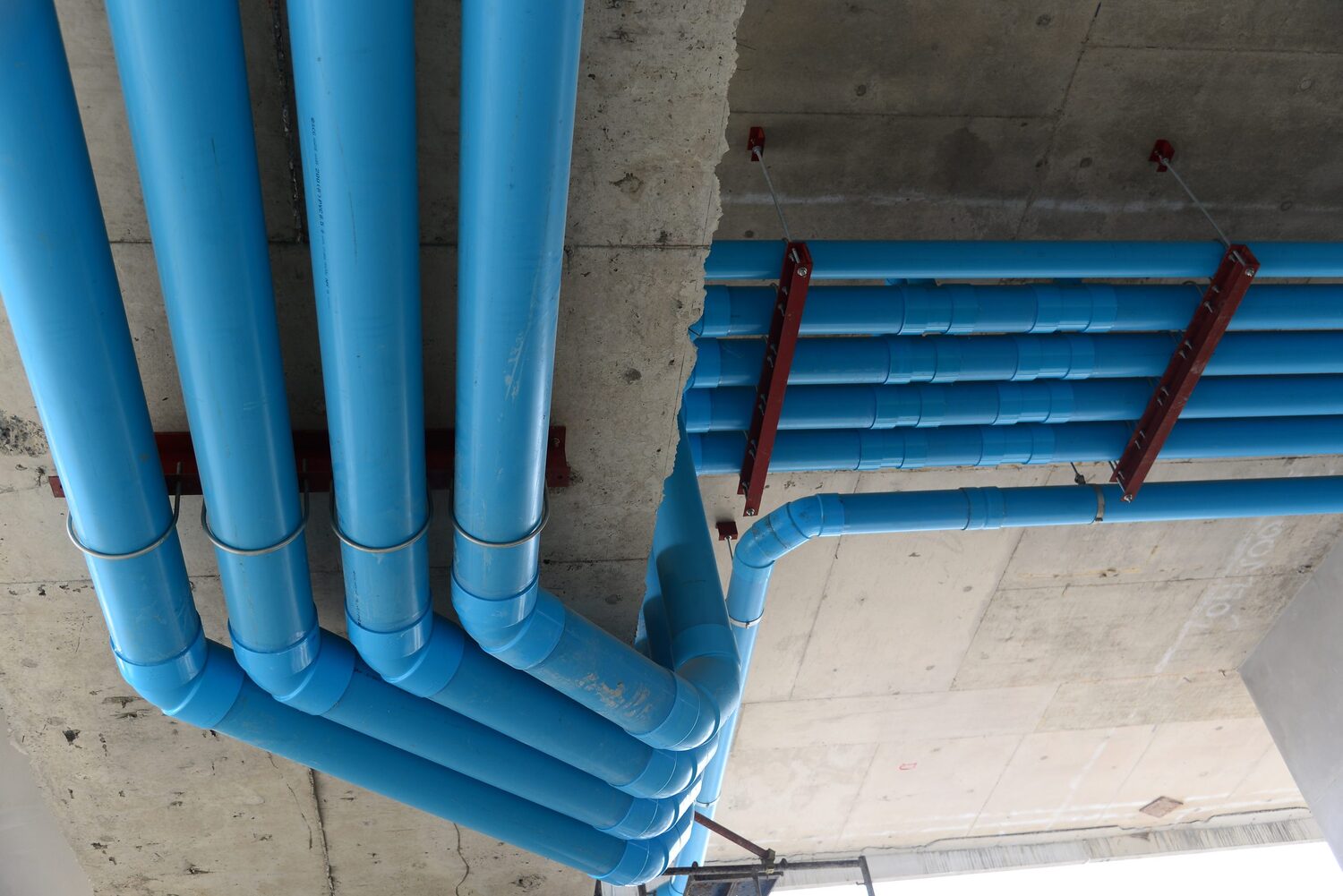
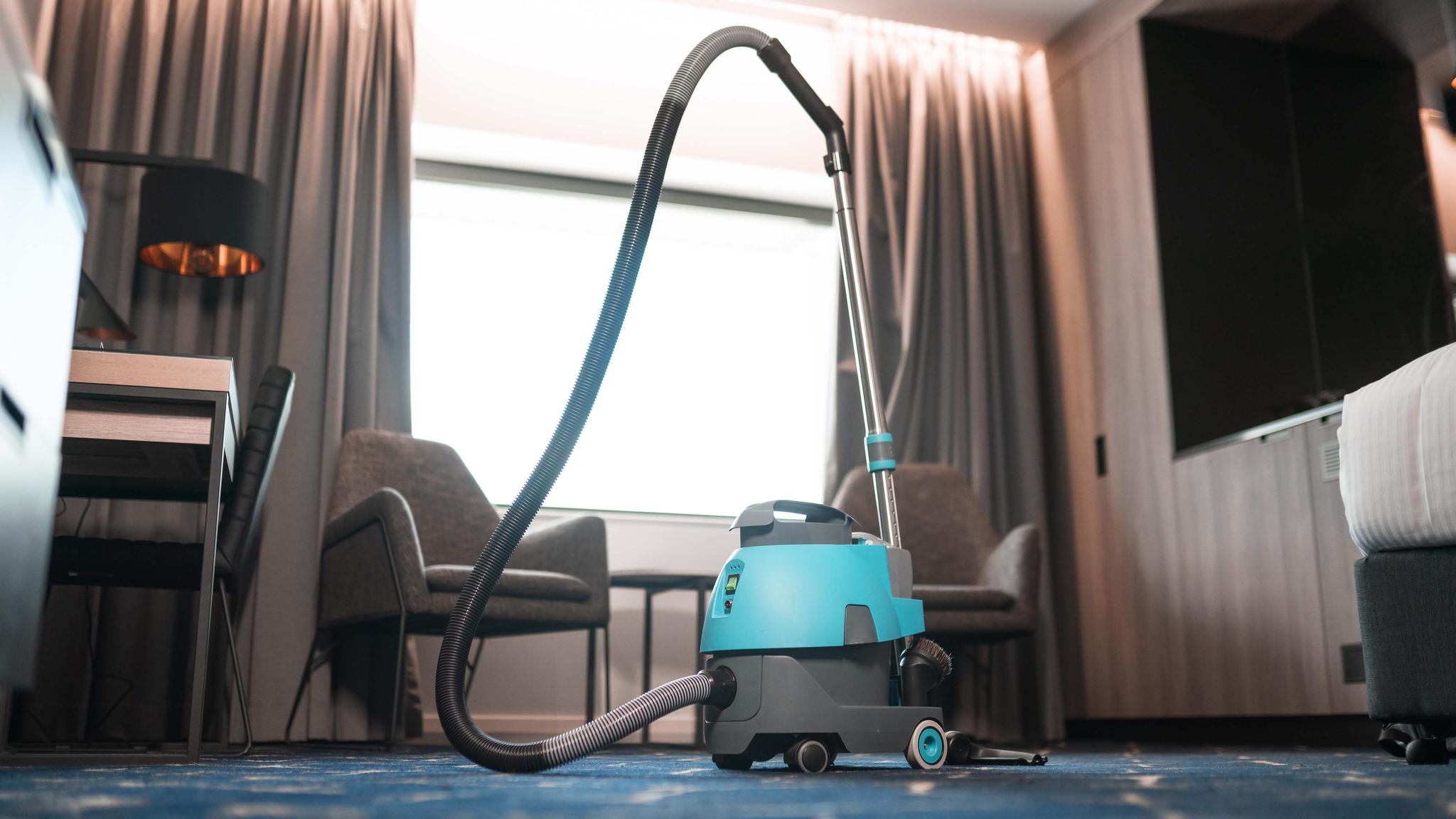
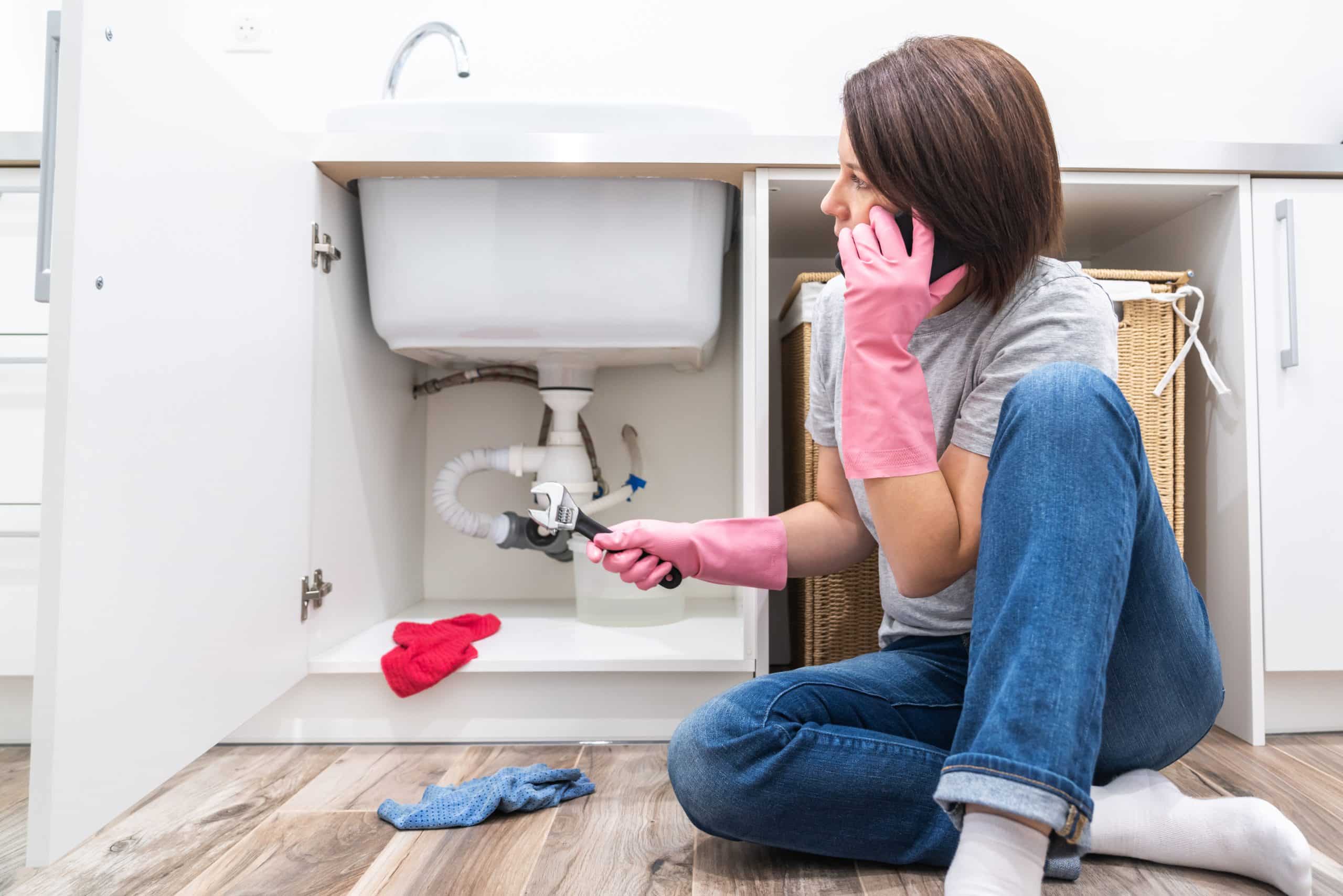
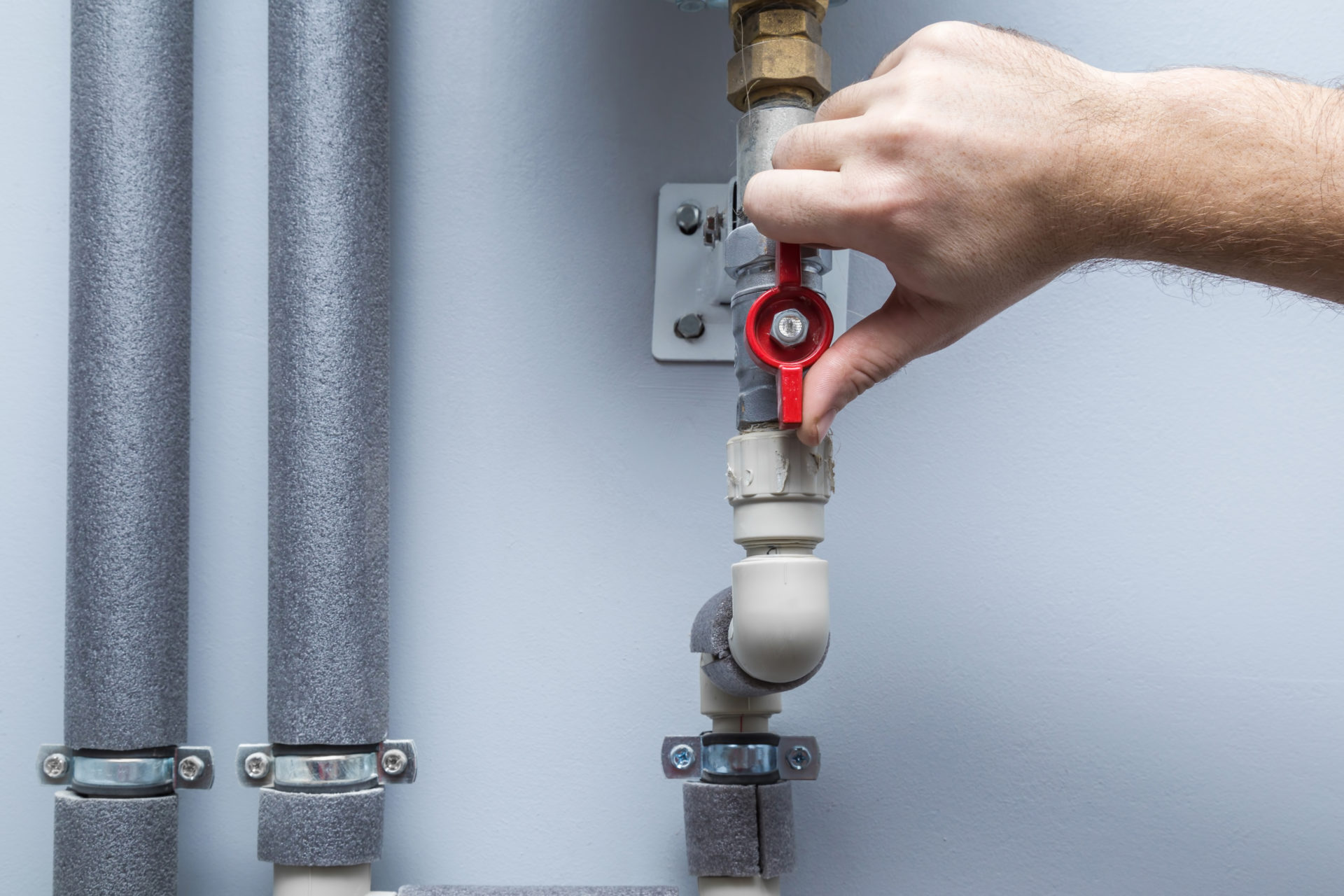
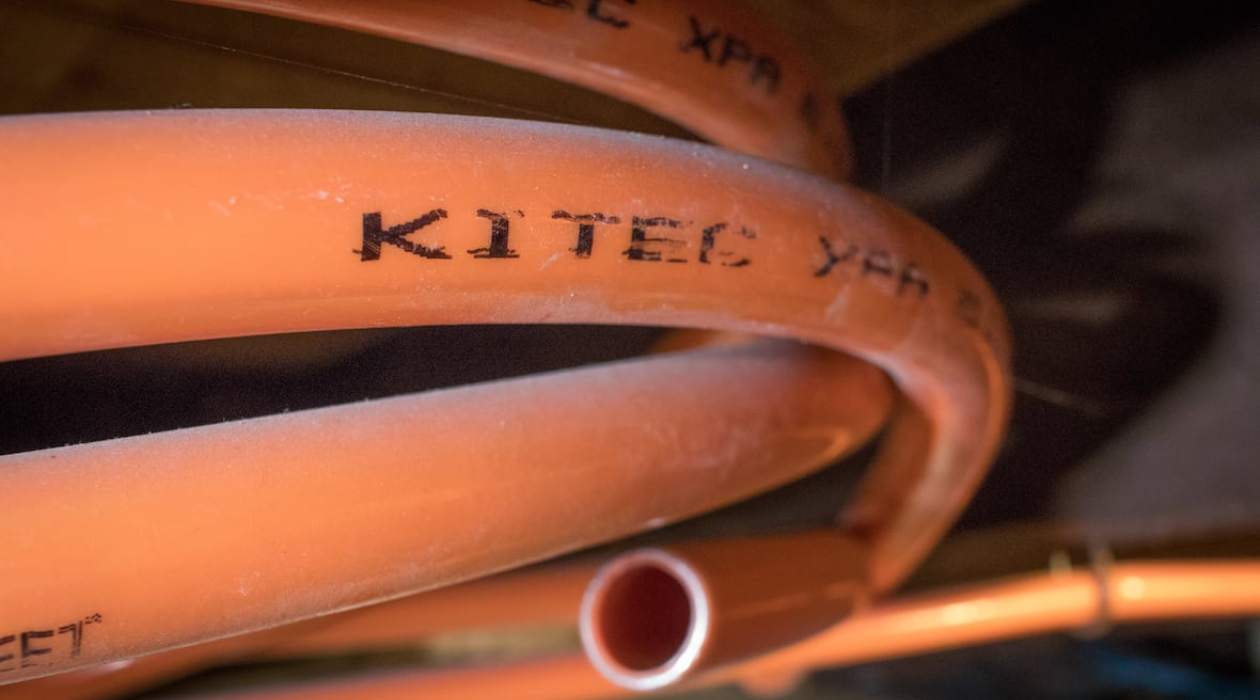
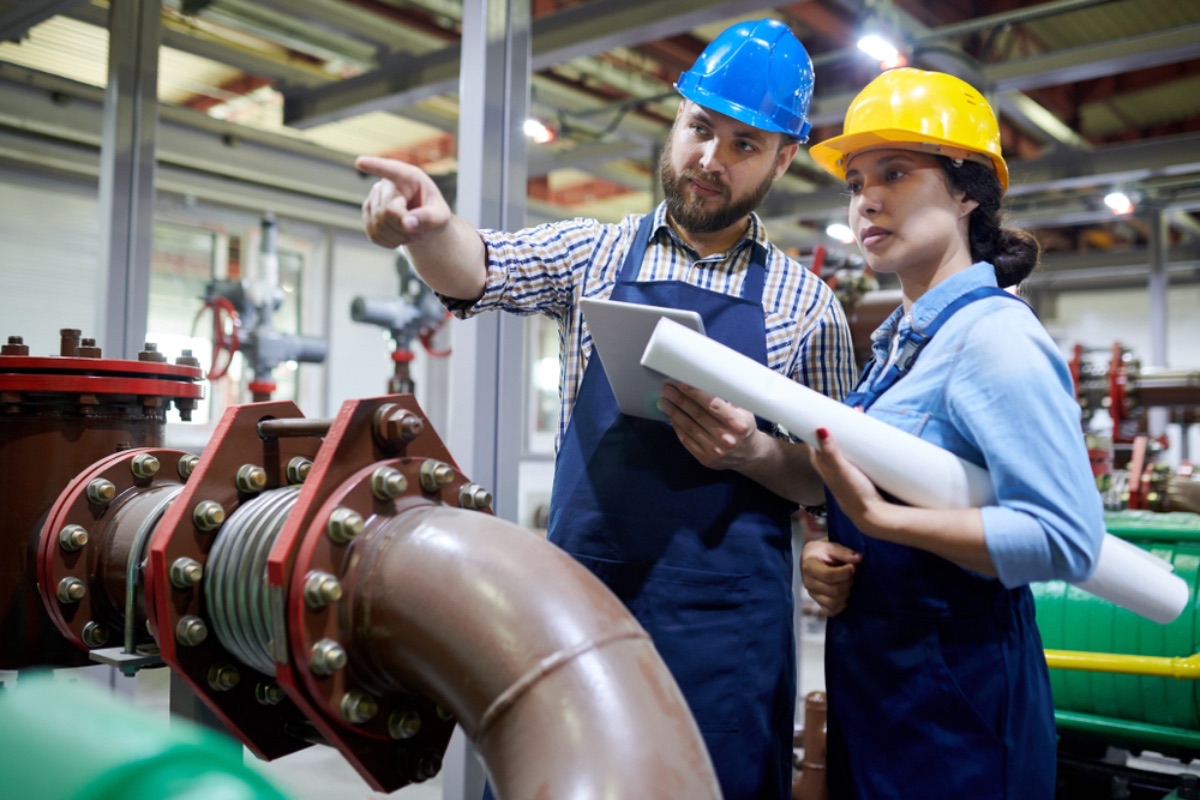
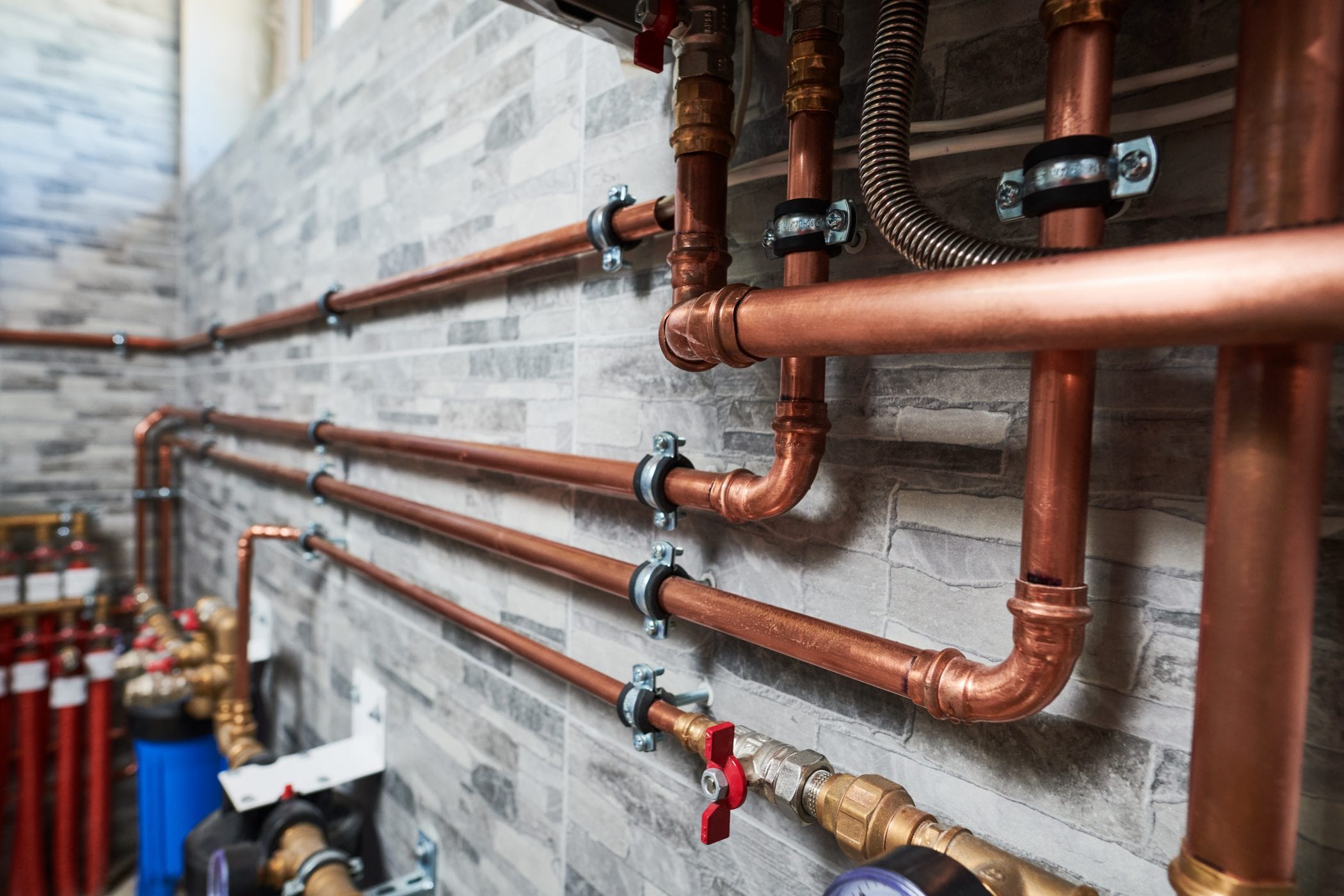
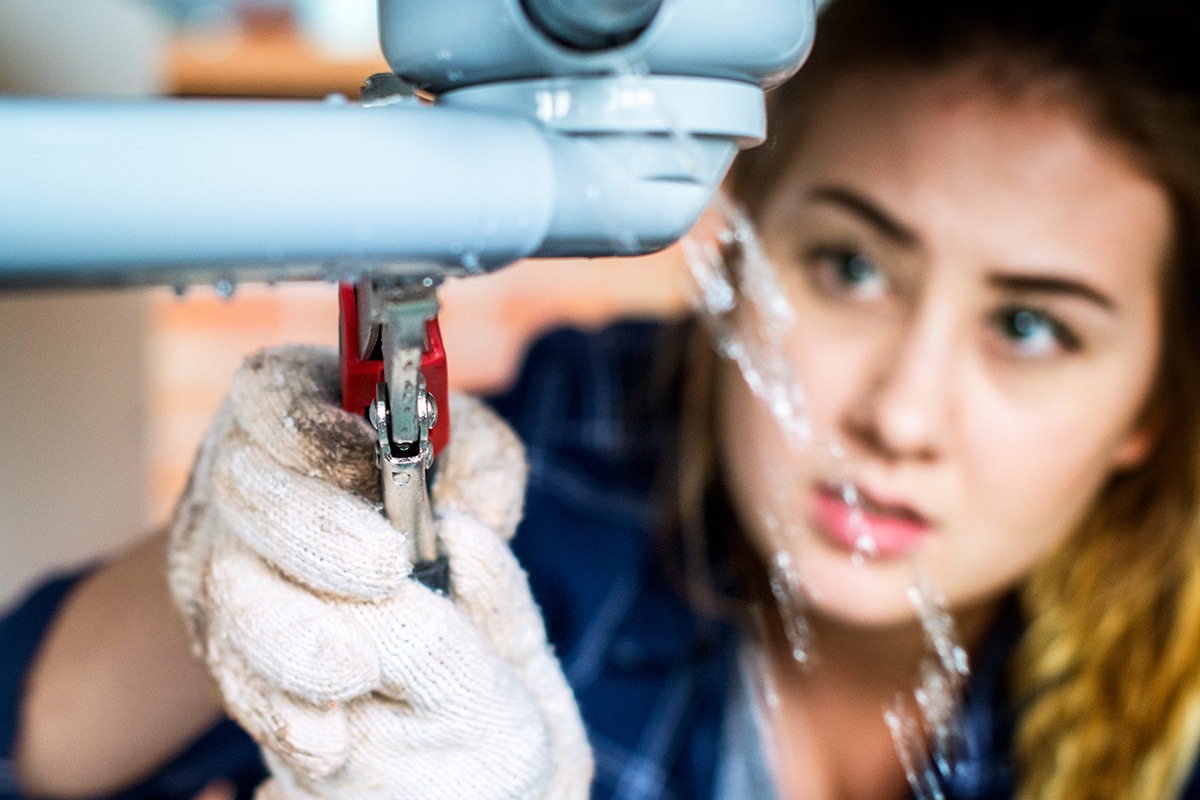

0 thoughts on “What Is Commercial Plumbing”